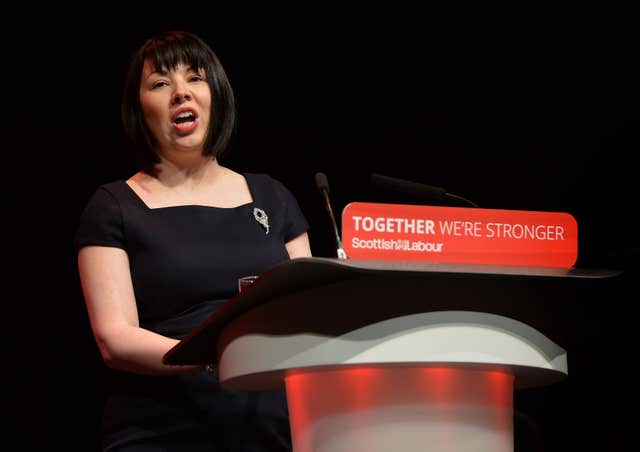
The health of Scottish children is at risk because of a shortage of paediatric doctors, a new report has warned.
A study by the Royal College of Paediatrics and Child Health (RCPCH) found that the paediatric workforce in Scotland is on the brink of a recruitment crisis and needs to increase the number of doctors by a quarter to cope.
Recruitment of consultant paediatricians in Scotland lags behind England, with the number of doctors increasing by 5% between 2015 and 2017 compared to 8.2% south of the border.
To deliver the required standards of care to children and young people, the number of paediatric consultants must rise by 25% or 82 doctors, according to the RCPCH.
General paediatricians, who care for children from birth to late adolescence, are the biggest area of the shortfall, accounting for more than half of the extra recruitment needed.
The RCPCH report calls for funding for an extra year of GP training to include paediatric and child health training for all trainees, in addition to financial incentives to attract and retain paediatricians, particularly in remote or rural areas.
Professor Steve Turner, Officer for Scotland at the RCPCH, said: “Tackling the shortage of paediatric doctors needs to be a priority. We know that unless more doctors are trained to be paediatricians today, the situation where paediatric wards are being closed will only get worse.
“The good news is that we know that Scottish doctors want to train in paediatrics in Scotland, and there are three young doctors applying for each job.
“We also know that doctors who train in Scotland become consultants in Scotland. However, the reality is that we are seeing vacancies and gaps in rotas across Scotland, especially in centres outside of the central belt.
“Our calculations suggest that at least 82 more consultant paediatricians need to be trained to meet demand.
“The need to increase trainee numbers in paediatrics has been recognised and we are grateful that eight additional posts will be available for 2019 – but this is a one-off “sticking plaster” which does not address the underlying problem.
“I urge the Scottish Government, NHS Education Scotland, and the Scottish Health Boards to reflect on our findings and seriously consider how best to implement our recommendations as a matter of urgency.
“Failing to take the necessary steps now will be to the detriment of our children both today and in the future.”
Labour’s shadow health secretary Monica Lennon said: “This expert report is a vitally important intervention that demands a serious response from the Government.
“Our NHS is facing a workforce crisis, with not enough staff to deliver the care patients deserve – and people will be shocked to see that this extends to the care of our children.

“The frank truth is there has been a total sense of complacency from the Government on the staffing problems our NHS faces.
“Scottish Labour would invest in our people and our public services to ensure our health service is fit for the future.”
Miles Briggs, Scottish Conservative shadow health secretary blamed “the long-term failure of the SNP to properly recruit and retain staff”.
He added: “These are truly shocking figures highlighting a terrifying lack of paediatric doctors.
“It’s extremely worrying that the SNP’s failure to ensure we have enough paediatricians could jeopardise the treatment and care of children.”
A Scottish Government spokeswoman said: “The health of our children is paramount, that is why we have more than doubled the number of paediatric consultants under this government to 355, and increased the number of paediatric nurses by more than 40% in the last eight years.
“We have worked closely with the Royal College of Paediatrics and Child Health to agree the appropriate and sustainable paediatric trainee supply. As the report highlights, we have acknowledged the need to increase the number of paediatric trainees and have provided 18 additional posts approved since 2014, achieving a 100% fill rate in recent recruitment rounds.
“The report also points out that trainees want to train in Scotland where there is twice the UK average applicants for each available post.
“Work is under way to develop a comprehensive plan to help address some of the recruitment and retention challenges faced by our health and care sector.
“We have already published workforce plans covering the NHS, Primary Care and Social Care, and an integrated health and social care workforce plan will be published shortly. Of course the uncertainty around Brexit continues to pose a significant risk to recruitment in the NHS.”


Comments: Our rules
We want our comments to be a lively and valuable part of our community - a place where readers can debate and engage with the most important local issues. The ability to comment on our stories is a privilege, not a right, however, and that privilege may be withdrawn if it is abused or misused.
Please report any comments that break our rules.
Read the rules here